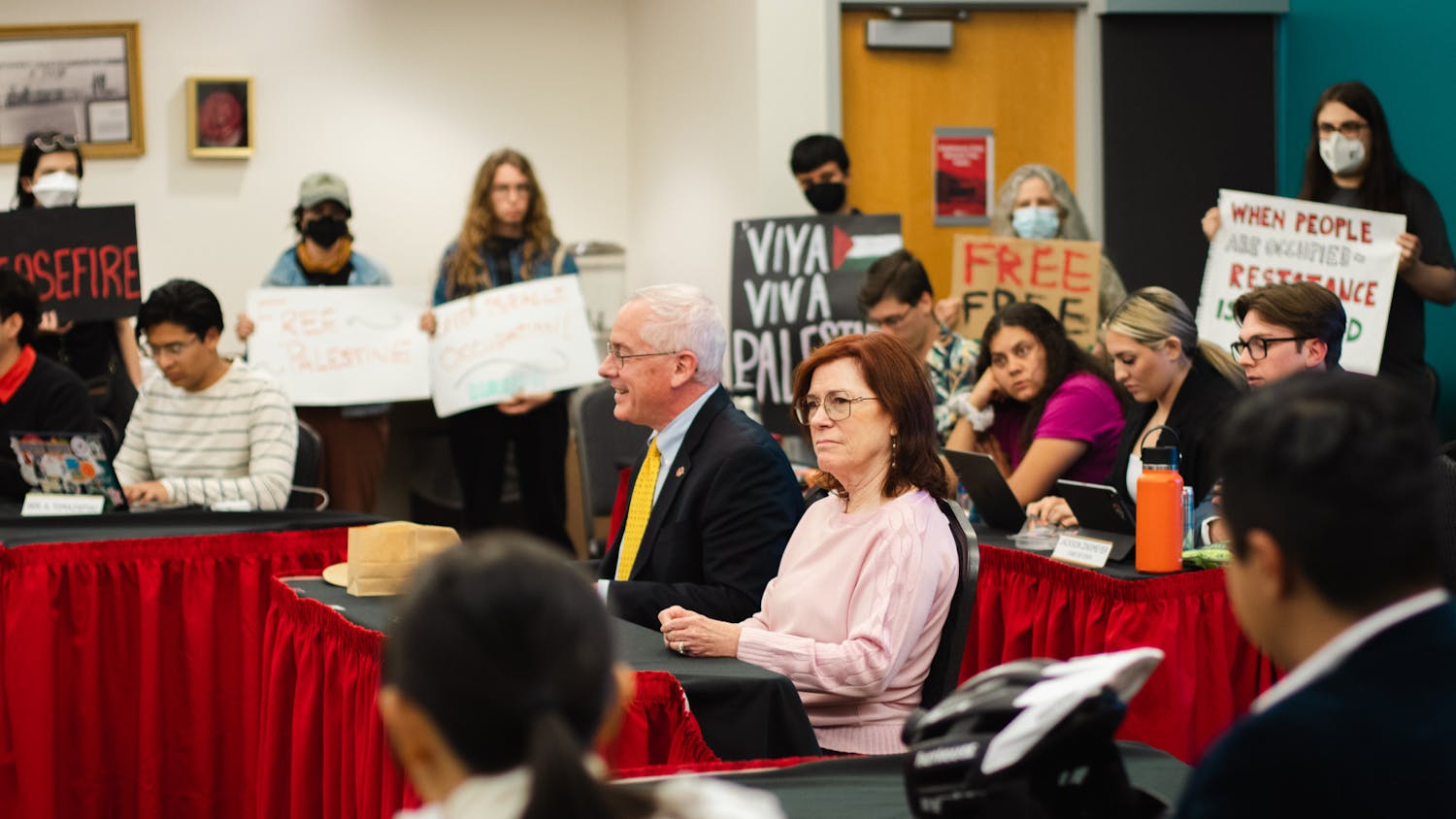Do you know what is special about this week, besides being the week before Thanksgiving? This is Get Smart About Antibiotics Week. Bet you didn’t know that, did you?
The Centers for Disease Control declared it so, in an effort to raise public awareness about the growing problem of antibiotic overuse and resistance. Right on cue, a survey has just been released that suggests that more than a third of Americans think antibiotics can cure a cold. In case you are in that group, let me hasten to educate you.
Antibiotic medications are drugs that kill bacteria, and are used to treat some infections. An infection occurs when a germ invades the human body. Germs can be divided into bacteria, viruses and fungi.
The vast majority of respiratory illnesses are caused by viruses. Your respiratory system includes everything from your nose and mouth out to your ears, up to your sinuses and down to your lungs.
Infections of the respiratory system include colds, sore throats, sinus infections, ear infections, bronchitis and pneumonia.
Antibiotics do not kill viruses. Your body kills most viruses, for free. No clinic charge, no pharmacy charge. All it needs is some rest and time. If you take an antibiotic when you have a virus infection, it has no effect on the virus at all. On the other hand, it might have an effect on your body, from unpleasant side effects to downright dangerous allergic reactions.
Unfortunately sometimes doctors prescribe antibiotics when they aren’t needed, due to old bad habits, insistent patients, or “just in case.” This causes problems. It sets up patients to expect antibiotics for viral infections. That in turn creates busy clinics and dependent patients who think they can’t get over a simple cold without professional help.
On a wider scale, overuse of antibiotics is creating superbugs.
When we carpet-bomb the body with antibiotics, most bacteria will get killed. But a few will develop resistance to the antibiotic and survive. The survivors multiply and create a whole new group of tougher germs. Then science has to create a stronger antibiotic to kill these superbugs. There have been some very scary germs created by this exact scenario.
Overuse of antibiotics has become a major problem, but fewer than half of Americans are aware of it, according to the survey mentioned above. Antibiotics have their place, to be sure, and have saved millions of lives; but they don’t cure the common cold.
Remember, I said most respiratory infections are caused by viruses. That means some are caused by bacteria. For example, the bacterium Streptococcus pyogenes causes a throat infection commonly called strep throat. That definitely requires an antibiotic, to prevent dangerous consequences of an untreated infection. Some kinds of pneumonia require antibiotics, as do some ear and eye infections and, rarely, sinus infections. People with underlying lung problems, smokers and those with chronic illnesses are more susceptible to bacterial infections as well.
Contrary to popular opinion, the presence of fever or green mucus does not necessarily mean you need an antibiotic. If you’re looking for criteria, I suggest the following: If you get a respiratory infection, with the usual sore throat, congestion and cough, give your body a few days to work on it. Eat chicken soup.
Get content from The Daily Lobo delivered to your inbox
Pop some echinacea or zinc lozenges. Take over-the-counter remedies if you like. Drink lots of liquids to keep the mucous flowing. Try a sinus rinse with a neti pot.
But if you have a high fever, a really bad sore throat that lasts for more than a few days, trouble breathing or symptoms that last longer than a week, seek medical care. When in doubt, err on the side of caution and call SHAC for an appointment at (505) 277-3136. I can’t promise you’ll get an antibiotic, but you’ll get good medical care and solid advice.
Peggy Spencer is a student-health physician. She is also the co-author of the book “50 ways to leave your 40s.” Email your questions directly to her at pspencer@unm.edu. All questions will be considered anonymous, and all questioners will remain anonymous.





